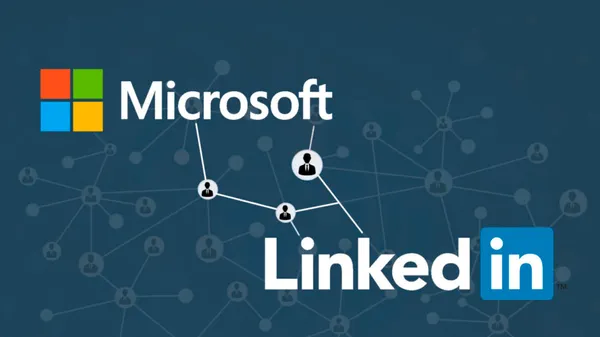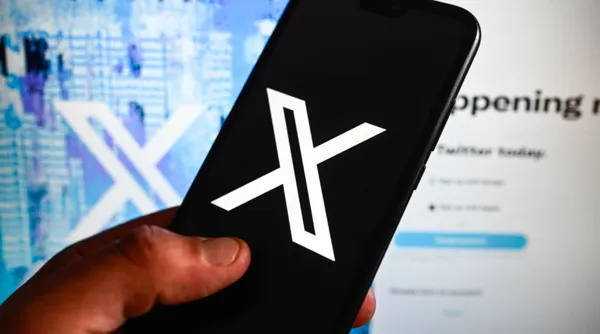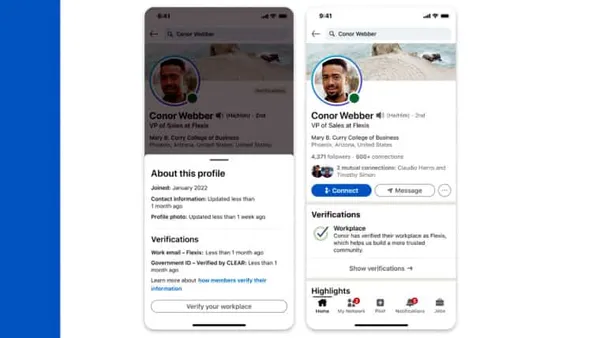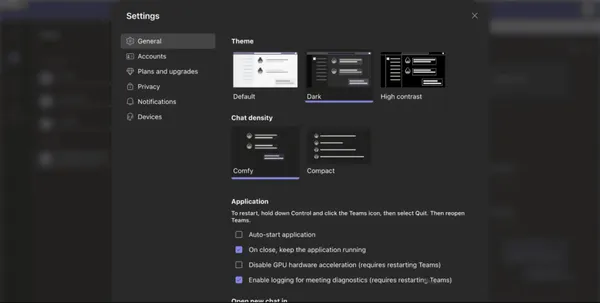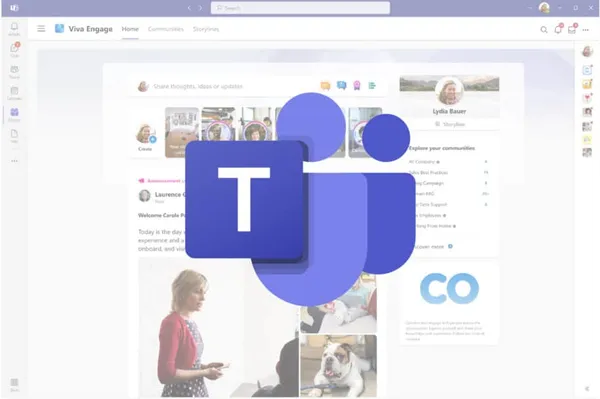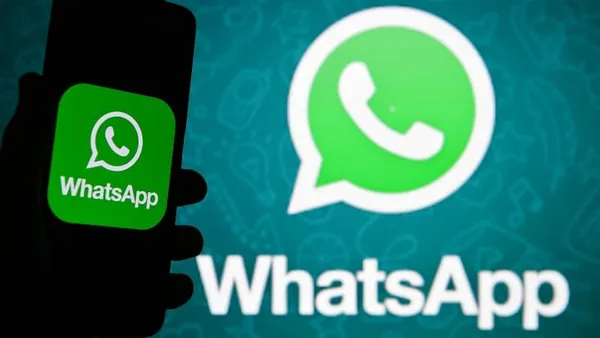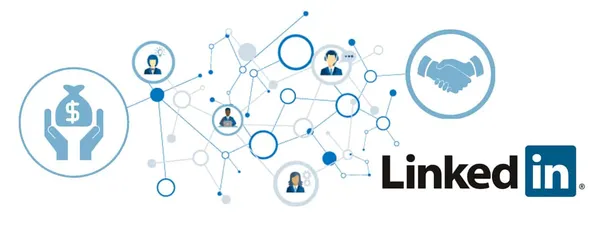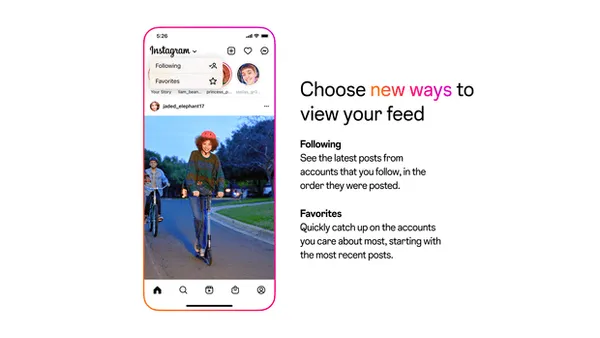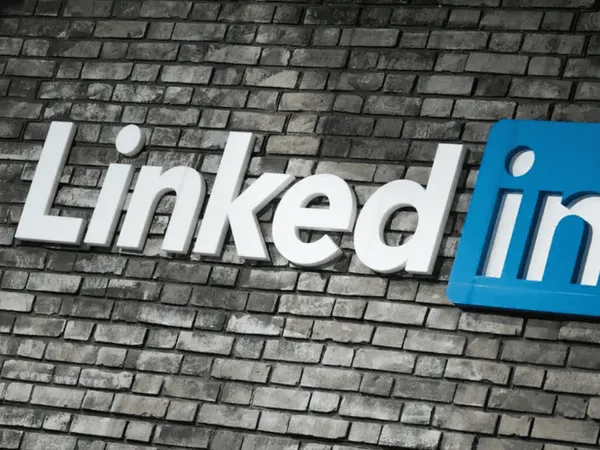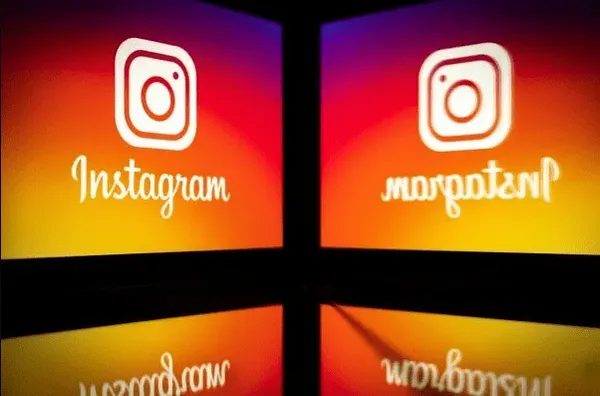
Knowledge base
March 14, 2022
New Facebook tools target disinformation
Facebook began Wednesday, March 9, 2022, allowing groups to automatically reject posts identified as containing false information, targeting a portion of the vast network that has been particularly concerned about disinformation watchdogs.
More than 1.8 billion people a month use Facebook groups, which allow members to gather around topics ranging from parenthood to politics.
Still, critics have said the groups are ripe targets for spreading misleading or false information by sometimes having a large audience of like-minded users organized on a particular topic.
Administrators of “groups” at the leading social network can choose to have software automatically reject incoming messages with information found to be false by third-party fact checkers, said Maria Smith, vice president of Facebook App Communities.
Groups were once touted by chief executive Mark Zuckerberg as a way to build more intimate communities on the global social network by providing online spaces for users to connect based on hobbies, endeavors or other interests.
“Our research shows that those same characteristics – privacy and community – are often exploited by bad actors, foreign and domestic, to spread false information and conspiracies,” disinformation researchers Nina Jankowicz and Cindy Otis wrote in a 2020 Wired opinion piece.
Facebook has long been under intense pressure to prevent its platform from being used to spread disinformation on topics from Russia’s invasion of Ukraine to the Covid-19 pandemic to elections.
The platform on Wednesday also updated a “suspend” tool that administrators can use to temporarily prevent selected members from posting, commenting or otherwise participating in a group.
For groups looking to include new members, Facebook has added the ability to promote them using email or QR codes, Smith said.
AFP currently works with Facebook’s fact-checking program in more than 80 countries and 24 languages.
Under the program, which began in December 2016, Facebook is paying to use factchecks from about 80 organizations, including media and specialized factcheckers, on its platform, WhatsApp and on Instagram.
Source: thestandard
Want to know more?
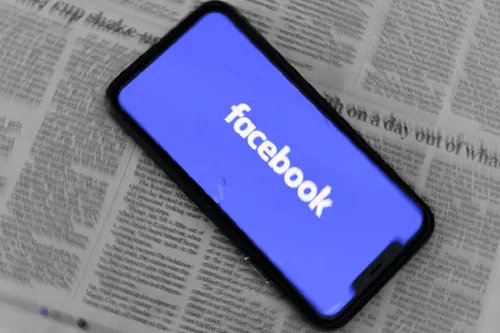
Related
blogs
Tech Updates: Microsoft 365, Azure, Cybersecurity & AI – Wekelijks in je Mailbox.
